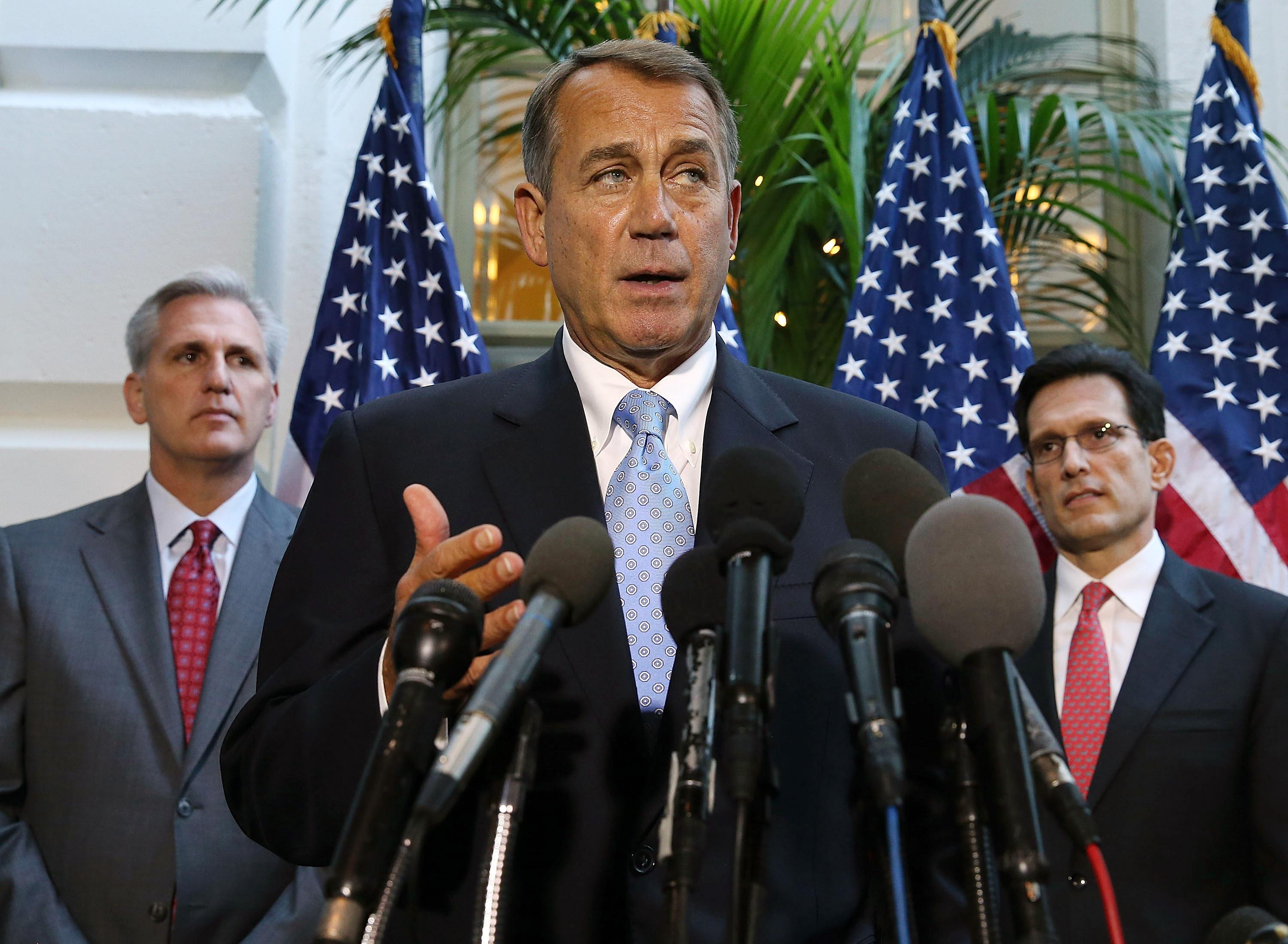The World Economic Forum has released its 2013 Gender Gap Report, an international ovary-measuring contest that ranks the gender discrepancies in health, education, economics, and politics in countries around the world. This year, Iceland boasted the slimmest gap between men and women based on the WEF’s criteria. The United States came in 23rd. Weighing in at points in between were No. 5 Philippines, No. 7 New Zealand, No. 10 Nicaragua, No. 15 Cuba, and No. 17 South Africa.
The report doesn’t claim to “capture the complete situation of half the world’s population,” but it does establish a broad list of measures that add up to a rough indicator of gender equity, including: male and female labor force participation rates, gaps in earned income, the ratio of men and women in management roles and technical fields, female representation in all levels of schooling, male and female literacy rates, the sex ratio or babies born in the country (“to capture the phenomenon of ‘missing women’ prevalent in many countries with a strong son preference”), life expectancies for men and women, and the representation of women in the highest levels of national government.
The United States is ranked so low almost exclusively due to its poor showing in the government representation portion of the competition. Though the U.S. dropped one spot in the WEF’s ranking since last year, it has totally closed its health and education gaps and is narrowing its gender gap in terms of labor force participation and earned income ratio. The U.S. now has the sixth-smallest gender gap in the world when it comes to economic participation and opportunities for women. (USA!) But with only 18 percent of our congressional seats held by women, we represent just the 60th most equitable national government in the world. (USA?) Fifty-nine countries beat us at that game, including Bulgaria, China, Croatia, France, Malawi, Malta, Mexico, and Namibia.
Given that the United States is successfully closing its gender gaps in economics, health, and education for the vast majority of its women, does it really matter that men are still occupying most managerial and legislative roles at the very top? The WEF argues that equal representation in leadership positions worldwide won’t just be good for women everywhere—it will just be good for everyone. “The most important determinant of a country’s competitiveness is its human talent—the skills, education and productivity of its workforce—and women account for one-half of the potential talent base throughout the world,” the WEF writes. “Closing gender gaps is thus not only a matter of human rights and equity; it is also one of efficiency.” The United States government could use a dose of that right now.
